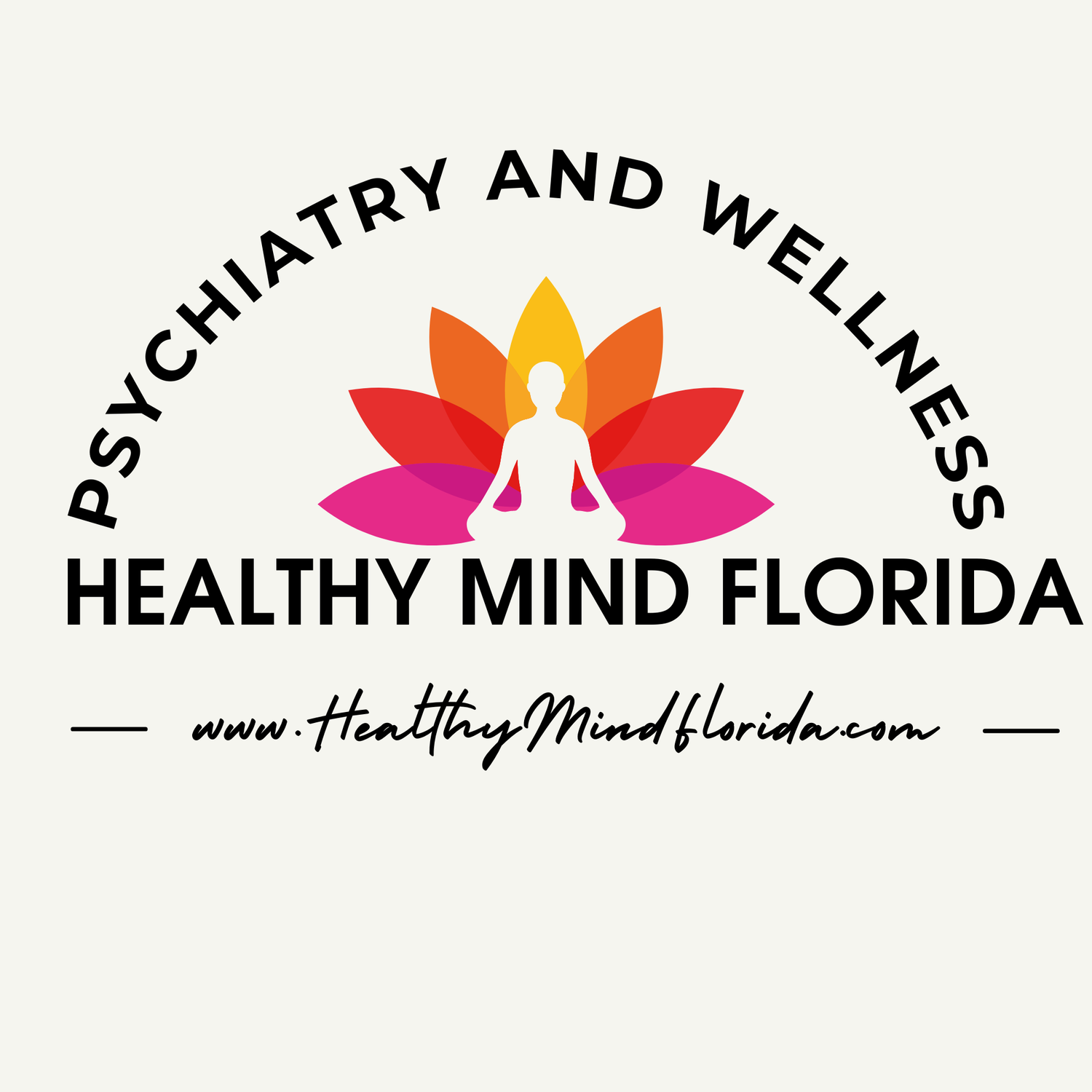What is Ketamine?
Ketamine defies neat categorization: it is a rapid-acting antidepressant and anxiolytic; a
dissociative hallucinogen, an NMDA receptor antagonist.
How does it work? The current, most probable understanding of ketamine’s mode of action is as an
NMDA antagonist working through the glutamate neurotransmitter system. This is a
different pathway than that of other psychiatric drugs such as the SSRIs, SNRIs,
lamotrigine, anti-psychotics and benzodiazepines.
Ketamine is currently at the center of a rapidly changing landscape of mental health
care. Ketamine (esketamine nasal spray) was FDA approved for depression in 2019.
Other studies have shown benefit in treating anxiety and PTSD, as well as cognitive
benefits. A longer-term study found that nasal ketamine (plus their regular
antidepressant) helped people stay in stable remission 16 weeks into treatment.
Relief from depression with ketamine happens rapidly: instead of waiting for an
antidepressant medicine to provide some relief over the course of weeks, people who
are suffering under the crushing weight of depression can start to feel the benefits of
ketamine within about 40 minutes.
Ketamine is an “off-label” treatment for various chronic mental conditions. It is now
being used effectively for treatment of depression, alcoholism, substance
dependencies, PTSD and other psychiatric diagnoses as well as for existential,
psychological and spiritual crises and growth.
How will I take Ketamine?
There are a variety of ways ketamine can be administered under the supervision of a healthcare provider at our practice including intranasal, subcutaneous injection, and oral.
Initial Treatment typically consists of twice weekly treatments. Your personalized treatment schedule will be planned at the time of your initial evaluation
Discuss any questions you may have with your healthcare provider at your initial appointment.
https://www.yalemedicine.org/news/ketamine-for-depression
Ketamine helped Nicole’s treatment-resistant depression. Now, she’s resuming her education and sharing her story
Help is available 24/7.
If you are struggling with suicidal thoughts, call the National Suicide Prevention Lifeline: 988 or 1-800-273-8255
Nacional de Prevención del Suicidio
1-888-628-9454 Español
The National Suicide Prevention Lifeline is a federally funded network of crisis centers committed to suicide prevention.


